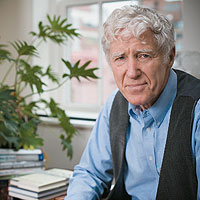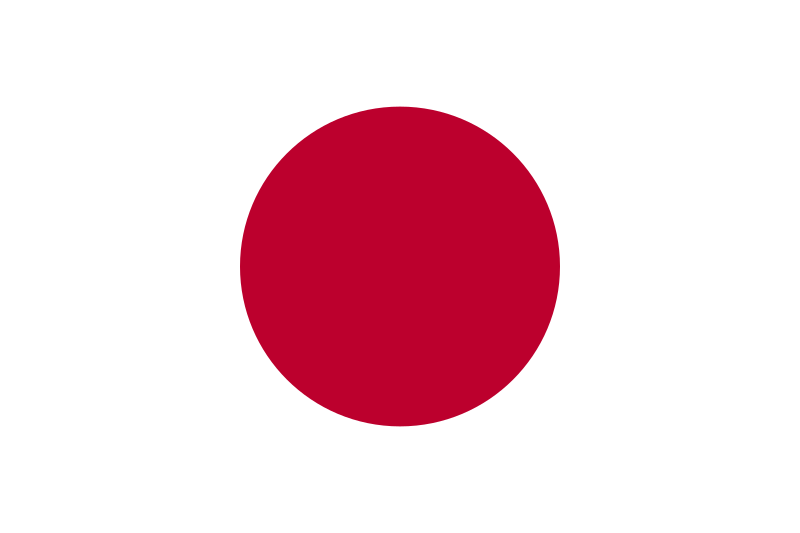 DHAKA, Bangladesh, August 30 2008 - AP: Regional cooperation to promote the sharing of weather information, improved technologies and increased financial support are needed to combat the impacts of climate change in South Asia, experts said.
DHAKA, Bangladesh, August 30 2008 - AP: Regional cooperation to promote the sharing of weather information, improved technologies and increased financial support are needed to combat the impacts of climate change in South Asia, experts said.The recommendations came Saturday at the end of a six-day international conference on global warming and food security in South Asia.
Results of global climate change, such as melting Himalayan glaciers, rising sea levels and frequent natural disasters are threatening food production and economic development in the South Asia region, the experts said.
The region — which includes Afghanistan, Bangladesh, Bhutan, India, Nepal, Pakistan, Sri Lanka and the Maldives — is home to nearly a fifth of the world's people, and 40 percent of its poor. More >>>














